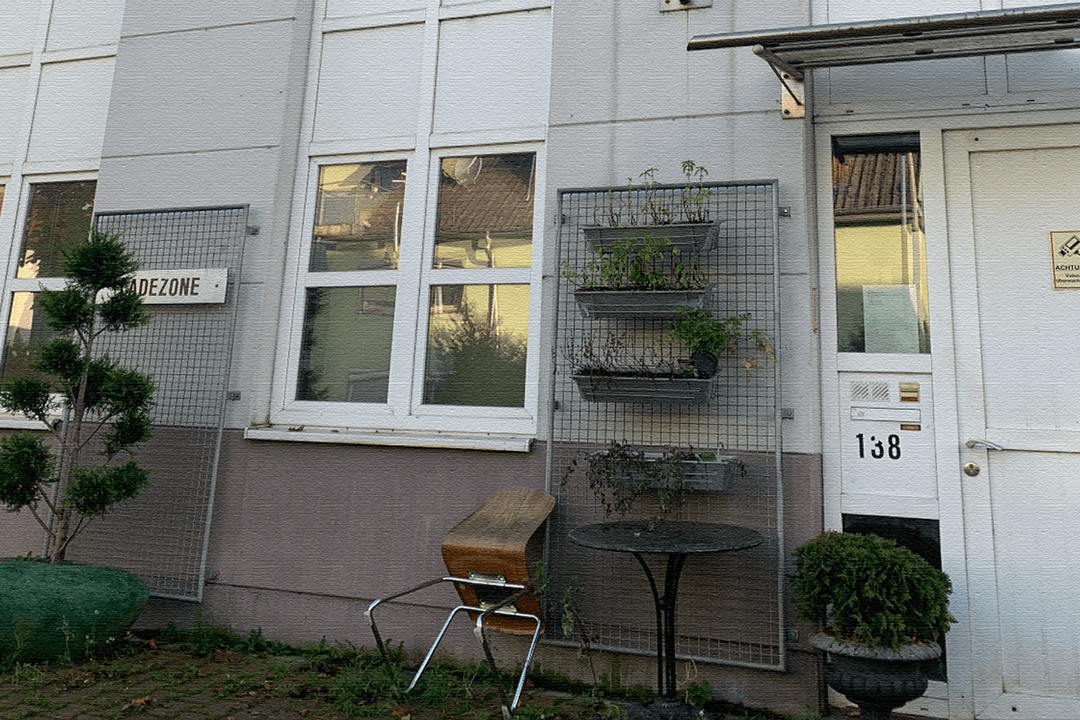At the end of June, there were over 1.1 million war refugees from Ukraine in the FRG, almost two-thirds of whom are female. While the adult men, who are basically forbidden to leave Ukraine between the ages of 18 and 60, have in many cases already established a comfortable life in imperialism - most of them, of course, also come from upscale circumstances in Ukraine - the road to Germany for most of the women and their children leads to severe exploitation and poverty.
Some time ago, NDR (North German Broadcasting) and Panorama 3 reported on various Ukrainian women who are exploited in non-official jobs without rights, such as a woman from western Ukraine who was mediated through an agency to the son of a 90-year-old woman with dementia from the Hamburg suburb of Seevetal to look after her as a 24-hour caregiver. The son paid nearly 1,000 euros to the agency, and the agency also received more than 1,600 euros in subsidies from the long-term care insurance; the Ukrainian worker, who as an unregistered refugee without a work permit was forced to accept the disgusting offer of this employment, was not paid any wages at all.The agencies that take over the placement here are looking specifically at Eastern European women, and in these times especially at Ukrainian war refugees, who for the moment are willing to accept any offer. Thus, employment without a residence and work permit is of course illegal and does not fall under the control of the state, although the agencies claim the opposite to the unsuspecting women. "Report Mainz" reported on a similar case shortly after the beginning of the war: a Ukrainian woman who had come to Germany several months before the beginning of the war, when the invasion was already looming, and instead of her three parallel jobs in Ukraine, with which she earned about 150 euros a month there, without any days off, now worked in 24-hour care. There, the children of the person to be cared for paid almost 2400 euros to the Polish placement agency - 900 euros of which arrived as net wages for the woman. She lost contact with her children for a few days after the war began and reported:
"In Germany, I can at least earn a little more money. The people I work with are in need of serious care. It's hard work. I cry almost every day, but I bite my teeth. I miss my family, my son."
NDR also reports on a 51-year-old woman from eastern Ukraine who came to Germany last October, registered as a refugee in Hamburg and found work as a cleaner on a cruise ship at the Meyer Werft shipyard in Papenpurg, where she was already missing her paychecks in the second month. The qualified metalworker was employed by the Akkoc company from Hanover, which Meyer Werft effectively contracted as a subsubcontractor. For three months she waited for her money, accommodated by Akkoc in an old house in Peine, Lower Saxony, where she temporarily had to share a room with four other women. The mentioned examples of Ukrainian refugee women have in common that accommodation is always provided, i.e. it is guaranteed that in the midst of the miserable conditions the workers get the most necessary to survive to be able to work again the next day, so that the agencies and subcontractors, which in the end are subject to German imperialism, can squeeze the wages or skip the payment. With all brutality, the German imperialists, and here especially Labor Minister Hubertus Heil (SPD), contain the effects of the crisis on the national economy. Indispensable to enforce this is the splitting of workers according to their nationality or "origin."
The business magazine Business Insider reports on another case (there are also short reports to be found on other Ukrainian women who worked in Düsseldorf and Hanover for 97 cents an hour and 200 euros a month as cleaners and logistics workers). A 20-year-old Ukrainian woman who had fled from her home town of Romny in eastern Ukraine in March 2022 to escape Russian tanks and had worked in a factory in Poland for four euros an hour along the way, followed an offer in Germany at a bakery in Esslingen on the Neckar by an apparently kind-hearted person, Maximilian H., who "wanted to make it possible" for refugees from Ukraine to have a "good life" with an 8-hour day and a daily wage of 100 euros plus accommodation. After a short time, he then began to employ the three Ukrainian women there non-stop on call, i.e. especially sending them at night to bake up the goods, calling them at any time of the day, and not paying their wages: "He only paid us when we begged him to give us money when we ran out of food." Maximilian H. no longer let them go outside the door to smoke, closed off their area with privacy film, and finally locked them in the building to hide the exploitative conditions from the neighbors.Although he paid 1100 euros rent for the accommodation, he deducted 600 euros housing costs from the wages of each of the three women, so that the hourly wage was about 3.30 euros - 12.50 euros was the "agreement". When the young Ukrainian woman complained, the baker snapped and threw her out under threat of physical violence.

The bakery in Esslingen










